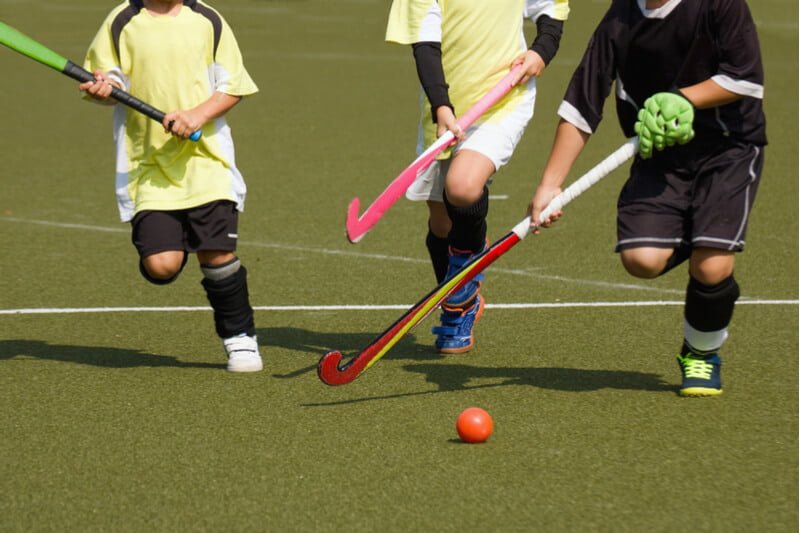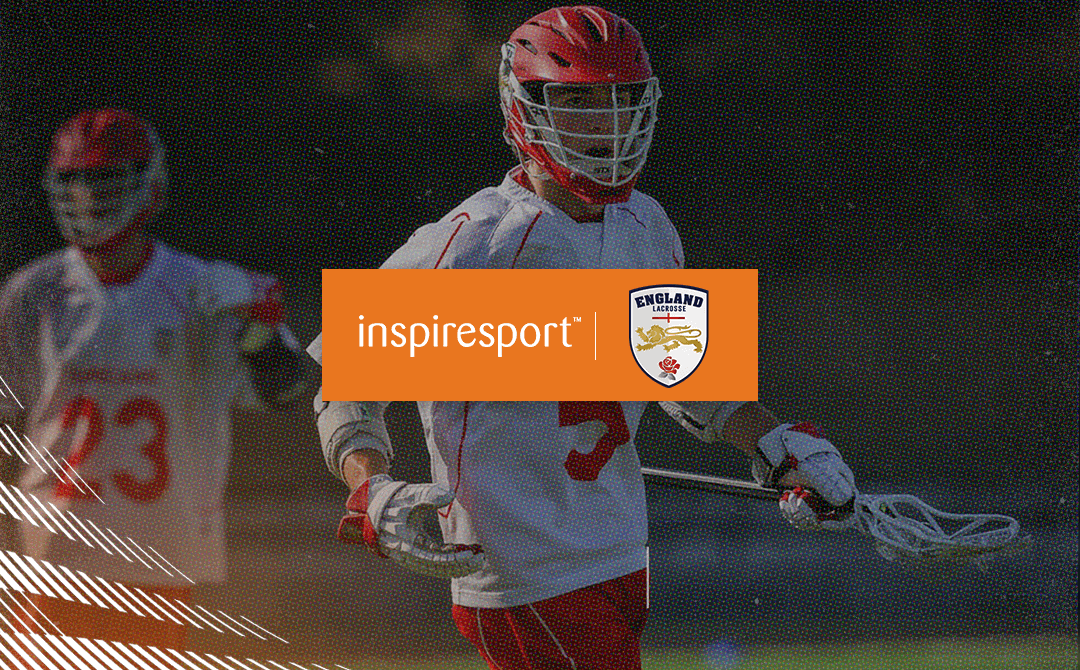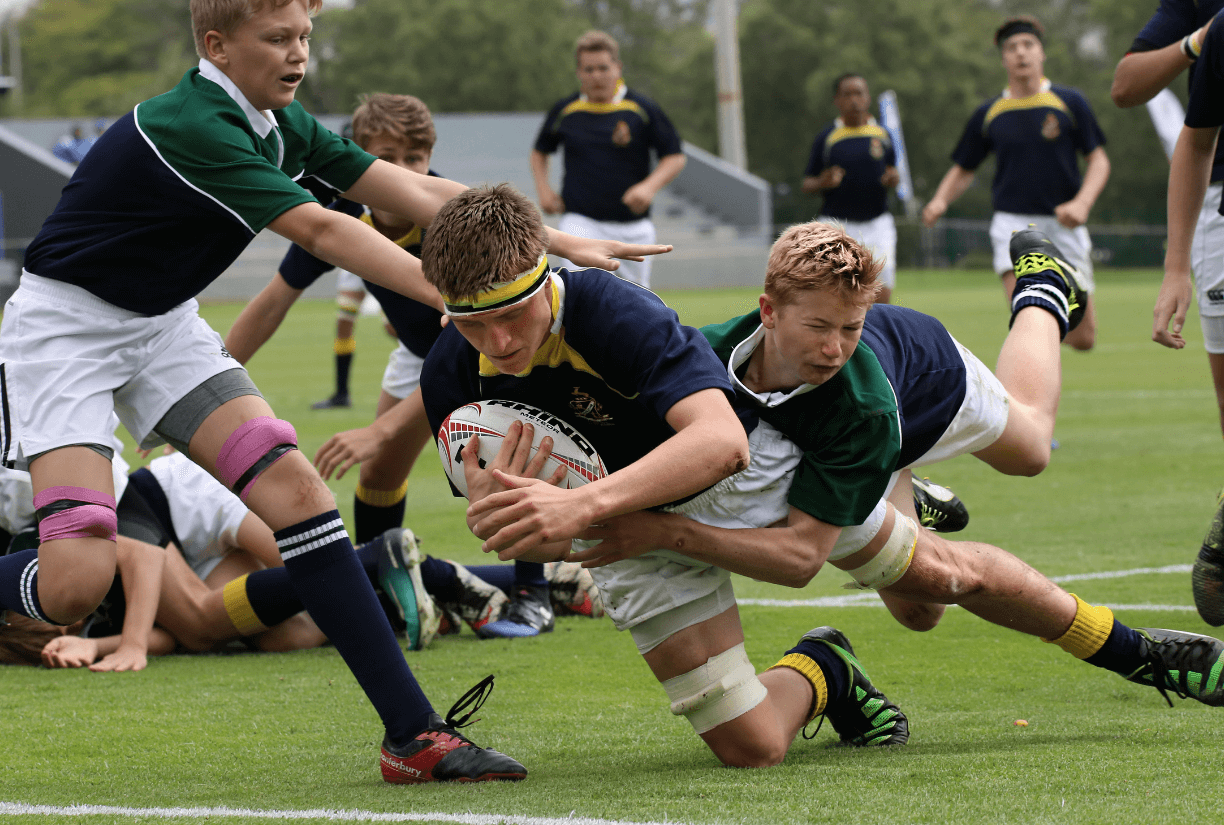
Almost all children take part in sports, or physical activities as they are growing up. Whether at school or during their leisure time, playing sport is something that most children enjoy, and many will eagerly wait all week for. This is great news because the importance of sport in young children has never been clearer with the obesity crisis that we are now facing. However, it is not only the physical benefits of sports that are important. Playing sport, interacting with others, and being part of a team enables people to develop numerous skills. These skills are essential skills that are important throughout our lives.
“All too often, we focus on results, rather than the process.” – Marguerita Cheng, Blue Ocean Global Wealth
This blog post will look at a number of different sports, and the life skills they require to succeed, as well as enable you to develop through taking part. The aim is to get an idea of how participating in a mixture of sports can aid the development of numerous life skills.
It’s important to remember that life skills are developed and gradually adopted rather than simply taught and learnt. Therefore, the perfect environment for achieving this is during an extracurricular sporting activity.
“Sport teaches us development. It helps us learn things such as resilience, leadership, accountability, respect and patience. Lessons that sports teach us can help us develop as players and all round good people too.” – Dean Evans co-founder of The Football Centre.
Skills all sports can teach us
Emmanuella Grace, Voice and Peak Performance Coach and Expert at Find Your Voice, outlines 3 reasons why “playing sport is a vital part of our development.” These are:
1. Sport teaches tenacity. The ability to fail and learn from the setback and move forward is a vital life skill. Learning that failure is not the end, but part of the learning experience has far-reaching implications, affecting our self-esteem, our resilience, and our mental agility. These skills are vital for success as we grow into adults to survive and thrive life’s setbacks and challenges.
2. Sport teaches teamwork. Even if you are naturally someone who is happy with your own company or more introverted, there are times when you will need to collaborate. Sport encourages the development of this skill set.
3. Sport teaches discipline. Motivation is finite but our capacity for motivation can be bolstered. If from a young age we are taught the benefits of “type 2 fun” and hone the ability to work towards a greater reward, evidence show s that people are less likely to suffer from depression and experience greater life satisfaction.
Coach Renee Lopez, a Recruiting Educator & Consultant, International Speaker, Author, Coaching Educator, Sport & Leadership Expert, says: “. truly believe that participating in sports is not just a hobby, dream or job, but incredibly valuable in learning life skills. Learning to work with other people as a team is a skill that goes beyond the soccer field (or any sport you are playing)!
“Learning to respect authorities (such as your coaches) and developing self-discipline are just a few prime examples of how playing sports teaches crucial life skills.”
Dr Joann Lukins adds: “Sport is a great vehicle for teaching and developing qualities within children. Some of the many benefits of sport is it’s capacity to develop self-esteem, regulate behaviour and habits, learn leadership and communication skills, learn patience and develop resilience when things don’t go to plan.
“There are certainly a broad range of skills that benefit us across sports – for example an ability to narrow your focus and concentrate is important for the gymnast performing an aerial on beam, the archer shooting at the target and the rugby league player attempting a goal conversion. Similarly the ability to be assertive is useful when contesting the ball in basketball or soccer, to have poise and confidence as the netballer shooting a penalty shot under time pressure, or the ability to regulate breathing when taking the blocks in swimming.”
Another opinion is offered by Niro Thambipillay, the founder of Family Focused Fathers. “Sports can help children build self-confidence and emotional self-control as long as they have the right support and coaching, primarily from their parents. If a parent encourages his kids to win at all costs and makes them feel bad for playing poorly or losing, that will only damage the child’s self-confidence. On the flip side, a loss or an unfair ruling in sport provides a great opportunity for the dad to coach his kids on how to overcome adversity, stay calm in a crisis and come back more determined. Ultimately, sports will help children prepare for real life in a simply and more controlled environment.”
Additionally, developing technique is important for succeeding in all sports. Speaking to Rapid Mentoring, three time Australian Motocross champion Dean Ferris, shares the following tips on riding: “Practice good technique EVERYWHERE, even when riding down to the track. You don’t see pro riders riding around looking sloppy; perfect technique is how they ride! In a similar vein, quality is doing the right thing even when no one is watching. Make it a habit to make your work the highest quality even when no one is looking.”
Cricket for patience
Indian fast bowler, Jasprit Bumrah says that Test Cricket is about patience and consistency. With Test matches lasting up to 5 days and each day consisting of at least 90 overs and 6 hours, it’s easy to see why! Test Cricket is extreme, though the sport has been developed to cater for younger players. This includes the introduction of shorter versions (such as One Day Cricket) that is played over 100 overs, Twenty20 Cricket that is played over 40 overs, and Kwik Cricket that is for children under 11. Each of these versions have helped to make the game more accessible for younger audiences.
However, the sport still demands patience. In all versions, players must wait for their turn to bat and they cannot bat for the entire game as every player gets to bat. When waiting to bat, players simply spectate. Additionally, on the fielding team, even if you are a bowler this doesn’t mean that you are always involved in the game. Bowlers bowl certain overs (though in children’s games all participants tend to bowl), and the rest of the time they are fielding. Depending on where the team batting hits the ball, some players would have to wait patiently for action.
Patience is something that everyone must develop. Everything that is achieved is done so through patience as very few successes happen overnight.
Tennis for mental endurance
Tennis is a sport that demands endurance at any level. It’s fast-paced and demands quick reactions, as well as explosive power and stamina. Professional games typically last around 3 hours and require extreme concentration. Even at a younger age, tennis is a sport that can be played recreationally for hours.
With points decided by the smallest of margins, and the constant pressure of trying to judge how aggressively to attack, the mental strain is huge. Tennis has regularly been deemed an endurance sport by professionals, who advice training for tennis as you would train for any endurance sport. This requires developing muscular endurance, cardiovascular stamina and mental persistence.
Mental endurance is important throughout life, whether when revising for long exam periods or applying for jobs. Endurance comes in many forms that aren’t all fitness related. The lesson is to work hard and train yourself so that you can endure the tougher times. This will allow you to enjoy the great times that follow as a result.
Football for teamwork
Teamwork is a key part of any team sport, and this is something that will develop simply by being part of a team. Football is, however, a sport that requires a strong team which in turn creates true camaraderie between team mates.
Football requires a team of 11 players to organise themselves, follow instructions and use their players to the best advantage. Not only does this take great communication to ensure everyone understands the team goals, but it is also essential for players to know their role within the team. Football is a great way for children to start understanding team roles. If players do not play as a team, they will get fatigued and be ineffective. A tip that footballers are taught early on in school is that a ball travels faster than a player. The way to win is the use the teammates as the ball to outplay opponents.
Luke Heapes, Head of Fitness at Aura Leisure adds that “being part of a team teaches children the effects of responsibility and accountability. When this is nurtured and taught to the kids properly, it turns into discipline. The kids who really want to help the team over themselves take responsibility and accountability over their cause, leading to better personal effect, leading to better outcomes for the team. The hard part is getting the kids to value the team performance over their own individual performance.”
Outside of sport, working as a team is essential in most jobs. Teamwork is regularly ranked as a top factor to recruiters and is pinnacle to success, as well as general safety and well-being according to locally based fire safety experts FireRite.
Rugby for conflict management and respect
Rugby is one of the most physical sports. From a young age, rugby gets physical. Even in very young children who play tag rugby (which is a sport that involved pulling Velcro tags off players as a tackle), the sport is more personal and physical than others.
As players get older, the sport does become more physical and this can cause confrontation. The game is always fast-paced, physical, and emotional. This is the ideal environment for a great sporting experience, however, it is also the typical environment for confrontation. Confrontation in sport is something that needs to be managed and controlled by players and teammates. Additionally, what is great to see and great to encourage in children is the respect for the referee in this sport. In rugby, the referee is very involved in the game. They are close to the action, and they communicate closely and continuously with the players.
Importantly, confrontation and disagreements are expected, yet it is how they are dealt with that proves important. Again, this is a skill that is essential throughout life. Additionally, respecting the referee will help young sportsman develop a respect and understanding of authority, which will be needed in all working environments.
Running to focus the mind
Running has seen a surge of popularity in the last 10 years, especially in adults. With less reliance on teams and other people, running is a very individual sport. Athletic running or cross country running races can involve long periods in relative solitude, and even more during training.
Running is a great way to develop great self-control, mental stamina and of course physical fitness. Alongside requiring physical fitness and stamina, a large part of being able to run long distances is having mental discipline and control to ‘run your own race’ and apply effort at the right time and not be drawn into what the competition is doing. This has huge applicability in the modern world. With large elements of our life beyond our control, ‘running your own race’ is an important skill to pick up.
“Long Distance Races- Life is a lengthy journey so you must pace yourself and run with patience.” – Damon Nailer, Educator, Consultant (Life Coach), Author, Speaker, and Music Producer
Golf for social skills
Social skills are essential for a child’s development, and they are also an integral part of playing a meaningful role in modern culture and society. This skill is important for development in children, but it is also something that should be maintained throughout life. Sport clubs, sport tours and being part of a team absolutely allows anyone in society to come out of their shell and enjoy socialising. This is why inspiresport put so much effort into organising superb trips.
Golf at all levels is a very social sport. Golfers play individually yet are continuously surrounded by other players that they are socialising with. Instantly from a young age, golfers get into the notion of Golf being a game that goes alongside nice weather, social outings, social events at the club house, as well as social rules such as a dress code. In opposition to many other sports, the game itself is as much about playing as it is about being with people and belonging to a club. It’s also an activity which can be enjoyed well into old age, helping to kind the mind sharp according to Eden Retirement Living. The World Health Organisation found that positive interpersonal interactions, social participation and being outdoors helps reduce the risk of mental health problems, stress and a stroke.
Hockey for leadership
Hockey is a team sport that relies on leadership, something that British Hockey Captain Alex Danson knows all too well. This leadership is required both on and off the field. In an interview following the gold medal performance at the 2016 Olympics, Danson talks about the importance of working hard, setting goals, and having a great team surrounding her. She also focuses on managing the team off the field with mobile and social media bans, along with alternating daily habits and mutual values.
Leadership takes pride position in all walks of life, whether in a job, in a family, or something as simple as in a group on a trip. However, having a leader doesn’t necessarily mean having a boss; it means having a figure that a team of any size respects and revolves themselves around. Being a leader requires numerous skills such as listening, negotiating, delegating, reasoning, and most importantly, communicating. A successful leader will understand the importance of the relationship between them and their team, and they will also understand how to best manage the team as a whole (as well as the individual members within it).
Skiing for planning and control
 Skiing is a sport that is less accessible to many. Trips are expensive, and they take a lot of planning. Additionally, it isn’t something that can be done at home, unless you live somewhere with either a lot of snow, a ski centre, or an artificial slope. This means even in its most basic stages, skiing takes forward thinking and planning. Trips need to be planned and organised, and outfits and boots need to be measured and fitted in advance. Even if children taking part are not the ones doing the organising, they are experiencing the process.
Skiing is a sport that is less accessible to many. Trips are expensive, and they take a lot of planning. Additionally, it isn’t something that can be done at home, unless you live somewhere with either a lot of snow, a ski centre, or an artificial slope. This means even in its most basic stages, skiing takes forward thinking and planning. Trips need to be planned and organised, and outfits and boots need to be measured and fitted in advance. Even if children taking part are not the ones doing the organising, they are experiencing the process.
The sport itself takes forward thinking and discipline. Manoeuvring the slopes is something that is essential to having fun while being safe. In addition to this, planning for the weather is also essential. So is planning which slopes to approach based on skill level and experience. Even more importantly is organising the routes to descend. These need to be chosen and envisioned in advance, along with ensuring the skier’s speed is all well controlled.
Forward planning and control is necessary in school and throughout adult life. Jobs, tasks, chores and life itself needs forward planning and organisation, along with self-control and discipline.
Extreme Sports
“Largely because of the element of danger involved, adventure sports like rock climbing exercise the mind in different ways to other sports. Climbing encourages intense focus and concentration because of the potentially severe consequences of making a mistake. And to perform well you often need to overcome fear, which requires a high degree of mental self-control. So practising these sports can strengthen the ability to keep a clear mind and to stay composed under pressure, skills that can be very valuable in all aspects of life.” – Andrew Dawson, Unleashed-Unlimited
What the experts think
Ella Grimwade from education specialist Tutor House
“While sports are, and should be, a means of staying fit, having fun, and forming friendships, a recreational endeavour, they also have a plethora of advantages when it comes to instilling skills that will prove essential in their education, employment, and daily life.
Children who play sports learn the importance of practice, of repeating the same tasks again and again in order to improve. Sport also teaches children resilience, not to give up even in the face of adversity and to learn from mistakes. On a more practical level, participation in sports requires organisation skills, remembering kit and fitting in practice around lessons and social commitments.
Team sports such as rugby and football help children develop vital teamworking skills, such as clear communication, the ability to take feedback and adjust to the needs of around them, and an appreciation of the benefits in collaboration.
Kids who play sport s can also become highly adept at working independently and taking responsibility for themselves and their work, from team sports this often comes from a desire not to let down teammates, while in solo sports such as boxing, horseriding or running, this comes from the competitive element of the sport.”
Benjamine Vie from Monsterball
“Sport isn’t just for fun but it could actually help your kids become healthier both physically and mentally. Any sports will be a great choice as long as your kids love it. But I highly recommend team sports like basketball, volleyball, and swimming. In this way, they can learn teamwork and they will feel a sense of belonging. They can also cope well with highs and lows in life, losing can help them cope with disappointments and winning can help them build confidence.
As a father, I’ve seen a lot of improvement in my kids when I started to bring them to a sports clinic. Their discipline has improved and I can see a positive sporting attitude in them. This is also the reason why I started my amusement business Monsterball, because I also want to help parents in improving their kids’ overall health while having fun.”
We plan memorable sporting trips to ensure children see the benefits of sport form a young age. Developing key skills through sport is a fantastic way of making learning fun. Find out more about our range of sports tours, or find out more about us through our inspiresport information page.







